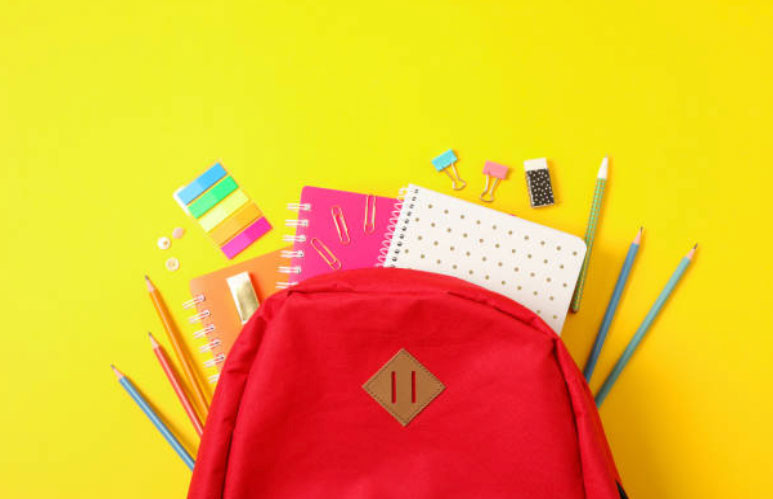
Parenting is hard, and the first week of school is often the hardest on kids, parents and teachers. This blog lays out key risks for the night before/the morning routine and those first few minutes when you pick your child up.
Risks and opportunities for the night before and morning of school:
Not resetting your child’s sleep schedule can really cause a problem if they do not get a good night’s sleep.
Recommendation — if your child needs to go to sleep an hour earlier than their summer routine, move their bedtime up 15 minutes a day, a few days before school starts. This makes the first morning easier
Not having what is needed to get out the door is a common challenge that results in stress, and too often the child being late for school
We recommend creating a visual schedule of what will happen the night before and the morning school starts.
This might include

Creating a list of what is needed for school and getting things ready a half hour before their bedtime:
Turning off all electronics a half hour before bedtime and doing something calming and fun
A three-minute warning before they have to get out of bed
Too often, kids do not remember what is expected. A visual schedule might include:

brushing their teeth, washing their face, and putting on the right clothes – the first time we tried this it worked like a charm, except our child had not tied their shoes — we then laughed and added it to the schedule.
Often kids are hyper, because they have eaten an unhealthy breakfast. Adding eating a healthy breakfast to the schedule helps. We recommend giving your child 2 choices of what they want — too many choices often result in indecision. Two choices gives them a say and often results in a quicker decision.
In the morning, when your child is ready by a certain time — have them do exercises, go out and play soccer or do something fun for 10 minutes. It really helps to use the words “When you”, vs “If you”. “When” helps them to create a positive image for the reward for being ready early.
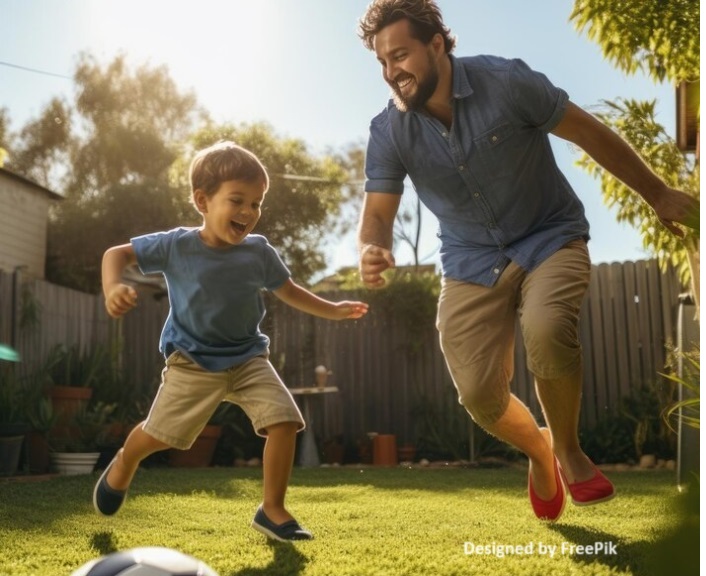
When they get in the car — you might have their preferred music ready to play.
Note, one dad, whose daughter was always 20 minutes late, followed this routine and asked us on the third day of school: “what do we do when our child is now ready for school a half hour earlier than we need her to be?”. We discussed the question with his daughter, and they agreed she could sleep in 15 minutes earlier and then play for an additional 15 minutes.
Risks and opportunities when picking your child up from school:
Kids often leave school mentally exhausted. Too often parents are preoccupied when their child gets in the car. Greet them with a smile and tell them how glad you are to see them
Kids are often asked “How was your day?”, or “How did you do today?”
We recommend asking something lighter and more fun. “What was the funniest thing that happened today?” or “did you make any new friends?”.
The question about what was the funniest thing that happened today may have them think about that during the rest of the day — and it is a good conversation starter.
Kids often eat early in the day and are both hungry and thirsty when you pick them up. Have a healthy snack and drink ready for them. You might add that to the visual schedule — so they have input on the snack and drink.
Kids often resist long conversations on the way home. Talk about what kind of music they would like to have played on the ride home. This gives everyone time to chill
Kids often have bottled up energy. Give them time to do some physical activity
.
Make The First Week Calmer and More Fun
Whether your child is in elementary, middle or high school, they will benefit from a concerted effort to make the morning and afternoon routines more relaxing and more fun. If you have another idea that works for you and might work for others, please share it by emailing us at parents@3dlearner.com
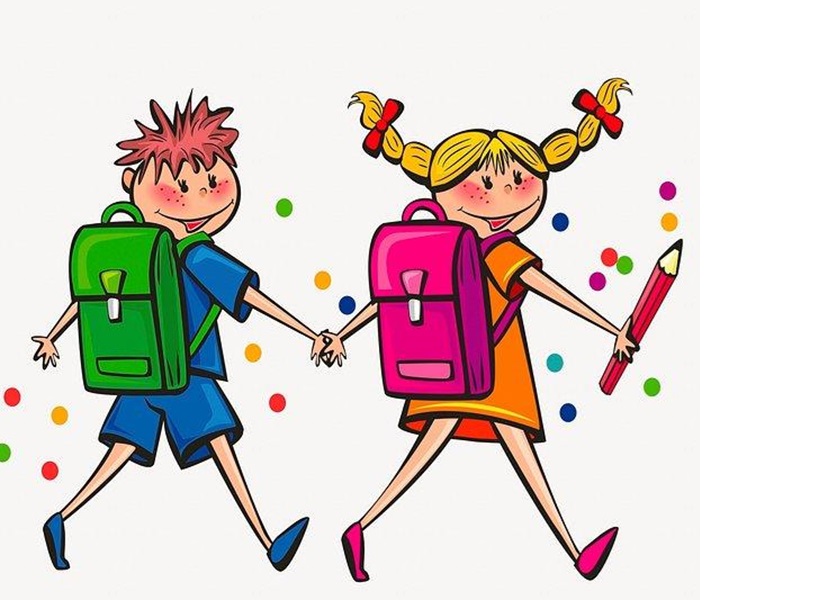
Finding the right teacher for your child to be successful this next year is vital. Studies show that getting the right teacher for your child can make all the difference in your child’s academic success as well as personal growth as an individual. The right teacher for your child may also provide you with a partner you can work with.
Our suggestion to parents is that you write a letter to the principal of your child’s school explaining your child’s need for the right teacher that would be a good match for your child’s needs. You cannot specifically request a particular teacher by name.
First and foremost, the teaching qualities your child’s teacher needs to have are the ability to connect with your child. Quite often these are intangible qualities- not always the one who follows “rigid lists of the most popular evidence-based curriculum or strategies” — Traits like structure, empathy and kindness and a willingness to understand and respect the individual needs and characteristics of each of his/her students is way more important. It is also helpful to have a teacher who has a track record of successes with kids like yours and who will collaborate with parents.
Our kids– the ones who are smart struggling students (I call them a right brain learner, a visual learner or a kinesthetic learner), have an uncanny knack for picking up those non-verbal traits that some of us as parents do not notice. I have made the mistake, personally, of thinking that because one of my kids loved a particular teacher that my younger kids would get the same benefits as well. Each child is different, and as parents, we need to recognize first what our child’ strengths are so that the teacher for that child not only recognizes those qualities but has an understanding about how to use those abilities to teach to strengthen the areas that the child needs support for.
You will want a teacher who will be more visual and hands-on in their teaching.
Language usage and tone are one of the main qualities to look for in a teacher.
We highly suggest you write a positively worded note (NOT a LONG letter!) to the principal requesting the “kind of teacher” that would most benefit your child’s growth this next year. Remember, you are one of hundreds of parents making this kind of request, and you want to be the parent who is both supportive and collaborative.

Before you sit down to write this note, have a conversation with your child.
Even Kindergarteners and First graders can tell you about what they like and don’t like about teachers. Have the conversation in a non-formal setting at a time that is quiet and relaxing. Listen carefully. They will tell you. “Ms Smith yelled at kids a lot”. “Mr Jones would make lots of jokes”. Make notes with your child about what kind of teacher they would most like. Keep the conversation positive. Try not to interject your feelings or defend what they are telling you. When you go to write the letter you can make note of things like “My daughter is sensitive to loud voices and responds best when shown (modeled) what to do “or “my son often misunderstands sarcasm and needs positive feedback on what needs to be done”. Be sure to compliment and thank them for all of the support they have given your child and that you look forward to working together. You can even suggest the best way to communicate–whether it is by text, email or phone to be sure you are all working together.
Once your child is placed in a class, be sure to reach out to that teacher to let them know you appreciate everything they are doing and that you want to be sure you both feel comfortable about communicating with each other. You might suggest your child works best with an individual VISUAL SCHEDULE (even though it might be written on a board/wall somewhere in the classroom). What can you do to help with that for your child? Do not make a long list of issues your child has; keep it short and positive. Include a short list of your child’s strengths and interests. This can help the teacher build rapport. Teachers have A LOT on their plate at the beginning of the school year. Meeting a supportive and positive parent goes a long way.
We have included a sample letter you might want to use – just be sure to personalize it for your child. If you have more than one child at that school, put your suggestions all in the same letter.
LET YOUR FRUSTRATIONS FROM LAST YEAR GO!!!! This is a new year…start fresh.
Have a GREAT School year!
Getting the right teacher is especially helpful if your child is a right brain learner, a visual learner or a kinesthetic learner.
If you have any questions or suggestions call us at 561-361-7495.
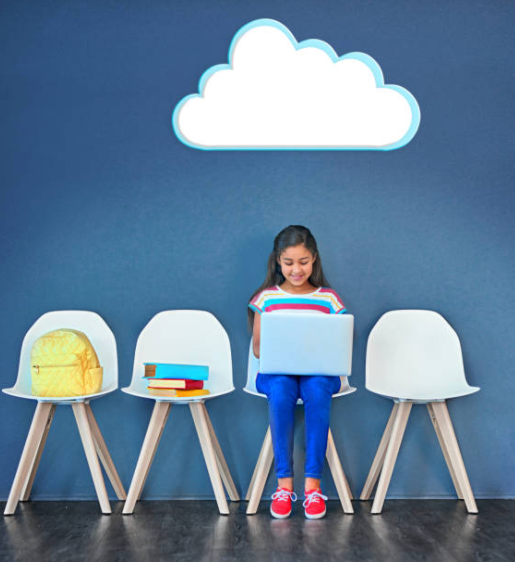
Since 1997, 3D Learner Learning Center has helped thousands of smart struggling students who learn differently succeed at our South Florida location. We have recently moved to Durham, NC.
Many of our students have been diagnosed with dyslexia, a learning disability, executive function issues, ADHD, a math disability and/or anxiety challenges. A third of our parents just know they have a smart struggling child, and they want to know why their child is struggling and how they can succeed. Parents often say, “I wish we had found you first”.
If you are exploring your options for the right learning center, we recommend you either:
Local parents often bring their child to us, and the follow-up can be done in person or via zoom
 Note, we have helped students from 40 states and 12 foreign countries. Sometimes students and their parents come for an intensive week of training, followed by zoom based training.
Note, we have helped students from 40 states and 12 foreign countries. Sometimes students and their parents come for an intensive week of training, followed by zoom based training.
Our goal is to have your child make significant progress in months
In our first conversation, we shift the focus to a strength-based model: what is your child good at, what are their interests and what is most important to you.
We know that most smart struggling students are a right brain learner, a visual learner, or a kinesthetic learner. Most kids learn best when they see and experience information. Our hands-on multisensory program is integrated, engaging and effective. We have three other goals for our students. We want your child to be:
- Calm, confident and focused
- Love learning and reading
- Able to self-advocate
We also include parent coaching to help you to be the Coach and Advocate your child needs. Our first child was successful in school. When our second child struggled, we needed to learn a whole new approach. When working with schools, we are collaborative and focused on student success. As one parent said, “I have had 6 frustrating and confrontational IEP meetings and this is the first one where I left knowing that we accomplished what we wanted to accomplish with a team effort”, M Simpson, Florida.
We offer a 15-minute no cost Get It Right Conversation.
To initiate the process either:
While most learning centers are a franchise or company owned operation (e.g. Sylvan Learning Center, Huntington Learning Center, Brain Balance, Kumon Learning Center, the 3D Learner Learning Center is run by Mira Halpert, M.Ed, who developed the 3D Learner Program ® for her now adult children. In addition to being a teacher of Gifted Students, Julie, who has her Doctorate Degree In Special Education, is on the 3D Learner Team, Mark Halpert, who is a collaborative parent advocate, and an SAT Math Specialist is also part of the team.
What allows us to be very successful are the parents we attract. Parents like our approach that:
- Was developed for our own daughter, who was a smart kid who learned differently. Mira Halpert, who developed the program and runs our 3D Learner Learning Center in Durham has her Master’s in Education from the University of Michigan, learns differently herself, and has helped thousands of students succeed.
- Our team now includes our daughter Julie, who was the original 3D Learner. Julie has 20 years of teaching experience and has achieved her goal of becoming the teacher she never had. Julie has her Master’s in Education from the University of Florida and has taught Gifted students, children with autism and been responsible for the Response to Intervention Program at her school.
- Is Strength-based.
- Identifies and addresses issues related to Dyslexia, Attention, Working Memory, Processing Speed, and Visual Processing using all evidence -based approaches
- Improves their child’s confidence and resilience, while reducing their anxiety
- Helps you to be the coach and advocate your child needs
- Collaborates with others
- Often leads to significant gains in months
The First Conversation Shifts to Your Child’s Strengths
The first conversation with a parent often shifts their thinking. While we are interested in knowing what conditions your child has been diagnosed with, we are far more interested in understanding your child’s strengths and interests.
We then get a better understanding of what parents have tried. We know that most investments helped their child, and we share why they may not have made as big a difference as the parents had hoped for.
As one parent commented, “After less than 10 minutes, it appears you understand my child better than anyone at school, where he has been for 3 years”, ( Donna J. Maryland). Even better, her third-grade son improved his reading comprehension 3 grade levels in a year and according to his teacher, “He made more progress in a year than any student she had had in her 27 years of teaching”.
To arrange a no cost conversation, you can either call us
at 919-371-5295 or click here to schedule a Get It Right Conversation
Our students often make dramatic gains within months. This includes:
- A second grader who had been through two years of dyslexia training and her reading comprehension was at the kindergarten level. She improved her reading comprehension to the second grade level in 4 months and to the third grade level in 7 months. She also read 23 chapter books during this period – the first such books she had ever read on her own. Her attention and confidence soared and her dancing improved, too
- A third grader improved from the worst reader in her class to the best reader in her 4th grade class. Her attention and confidence were much better. Her anxiety was much lower and she went from a shy person to being a confident “social butterfly” with lots of friends.
- A fifth grader who improved her reading comprehension from the 1st grade level to the 5th grade level, while doubling her reading speed. She also reduced her homework time from 2.5 hours to 1 hour and 10 minutes. For the first time she was able to do her work independently
- An eighth grader who improved his comprehension 4 grade levels in 3 months, increased his reading speed by 80 percent and was accepted by a very competitive college
- A baseball player, post-concussion, improved his batting average from 190 to 4045, his home runs from one to 10 and who later played in the College World Series.
 The 3D Learner Learning Center has 5 key differences than most learning centers:
The 3D Learner Learning Center has 5 key differences than most learning centers:
- Our specialty is with smart kids who learn differently. They may be a right brain, visual or kinesthetic learner — who learns best when they see and experience information. We capitalize on their strengths with a clay-based kinesthetic approach that is integrated, engaging and effective. Our focus is on helping the whole child:
- We identify and address the other conditions that may be present. We identify and address
- How your child learns best, where they are strong and what is holding them back. We use both the Structure of Intellect Assessment ® and The Mindprint Assessment ®. The latter was developed by the University of Pennsylvania to identify Executive Function strengths and challenges.
- Dyslexia with the UFLI Program ® — developed by the University of Florida, that is based on the Orton Gillingham Process
- ADHD and attention issues with the Interactive Metronome ® – an excellent tool that improves attention, reduces impulsivity and improves reading fluency, math fluency and sports skills
- Visual processing issues — using a Visagraph ® to identify issues and the Eyes-in Sync Virtual Reality System to improve visual processing
- Self-regulation issues with the Safe and Sound Protocol ®
- Reading Comprehension using REAL BOOKS and supporting programs like
- Raz-Kids ® for younger students
- Reading Plus ® for older students
- We strive to build confidence and resilience and to ignite a love for learning
- We help you to be an even more effective Coach and Advocate for your child. This includes a Goal Setting session where we work on the key areas for improvement, specific goals and an affirmation process.
- We partner with schools and other professionals to provide a comprehensive solution that can help your child make significant gains in months
 Note, our assessments and training can be done in person or over zoom. In some cases, we start with in person work and do the follow-up on zoom.
Note, our assessments and training can be done in person or over zoom. In some cases, we start with in person work and do the follow-up on zoom.
Whether you have a child with dyslexia, learning disabilities or ADHD – or a smart struggling child who might be a visual learner, a right brain learner or a kinesthetic learner, the 3D Learner Learning Center offers an option designed for success in months.
To arrange a no cost conversation, you can either call us
at 919-371-5295 or click here to schedule a Get It Right Conversation
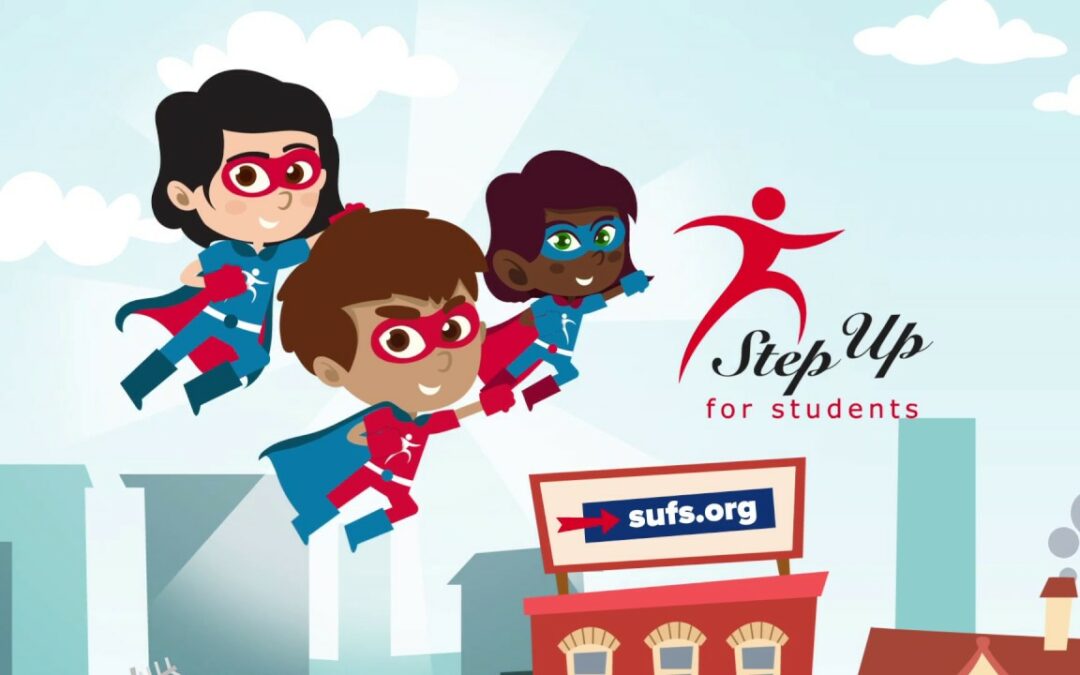
The Family Empowerment Scholarship for Unique Abilities (FES – UA) and the Personalized Education Program Vouchers can be used to significantly improve your child’s reading fluency, reading comprehension, processing skills and confidence.
For those applying for the Family Empowerment Scholarship for Unique Abilities (FES – UA), the deadline qualify for the scholarship for 100 percent of the award is, your child must be awarded the scholarship by October 25h. To get it done by that date, apply ASAP. The Parent Guide provides more details.
3D Learner specializes in students who are a visual learner, a right brain learner or a kinesthetic learner. That is, the kids who learn best when they see and experience information.
We leverage a student’s strengths and interests, we identify and address their challenges, and our goal is to help our students make significant progress in months. We have 27 years of experience doing that and close to 10 years’ experience helping voucher students succeed.
The best way to learn what we can do for your child is to call us at 561-361-7495.
We can help students statewide via zoom, or we can do the training locally in the Coral Springs, Parkland and Boca Raton area.
For parents investing in a Comprehensive Assessment by July 31st, we will provide you with the Safe and Sound Protocol ®, a $300 value, that will reduce your child’s anxiety and can be used for the whole family

The 3D Learner Comprehensive Assessment will provide valuable insights on whether your child has dyslexia, their present reading comprehension level, their strengths and challenges and for students in third grade and above, an Executive Function Assessment.
Our focus is on the visual learner, kinesthetic learner or neurodivergent learner, who learns best when he or she sees and experiences information. We also identify and address dyslexia, ADHD, visual processing issues and executive function challenges.
 We are Dyslexia certified trained for the UFLI ® Program — the University of Florida’s Reading Intervention that incorporates a Core Assessment, and an engaging and effective dyslexia treatment. This is an Orton-Gillingham based program.
We are Dyslexia certified trained for the UFLI ® Program — the University of Florida’s Reading Intervention that incorporates a Core Assessment, and an engaging and effective dyslexia treatment. This is an Orton-Gillingham based program.
Call us at 561-361-7495 to discuss your situation or to schedule a time to
Discuss How Your Child Can Make Significant Gains in months

The Family Empowerment Scholarship for Unique Abilities (FES-UA) is for homeschool and private school students with a qualifying disability. Here is a list of qualifying disabilities. Parents can register at https://www.stepupforstudents.org/scholarships/unique-abilities/ (FES UA).
Note, this same offer is for voucher students in the Personalized Education Program.

If you have any questions or would like to discuss how we can help your child and you, call 3D Learner at 561-361-7495 or click here to schedule a Conversation on How The Florida Empowerment Scholarship for Unique Abilities can help your child
3D Learner is a provider for this program
Homeschool successes with 3D Learner. We have helped:

7 ways 3D Learner is different than any other provider:
- Our hands-on program is designed to help the right brain learner, kinesthetic learner or neurodivergent learner who learns best when he or she sees and experiences information.
- We address both reading fluency and reading comprehension. We have had students make 2, 3 and even 4-year gains in their reading comprehension in 4 to 6 months. While we are a hands-on program, we also address phonemic awareness and reading fluency with the University of Florida’s UFLI Program ®.
- We identify and address executive function, visual processing and related issues,
- We strive to ignite a love for learning, while boosting self-esteem
- We help parents to be even more effective coaches for their child,
- We tailor our program to meet the individual child’s needs. We can also address math and writing issues.
- Our assessment is done online, and it will show a parent:
- How your child learns best
- Their learning strengths and challenges
- Whether there is an executive function or visual processing issue
- The child’s present level of performance for both reading fluency and reading comprehension
If you have any questions or would like to discuss how we can help your child and you, call 3D Learner at 561-361-7395 or click here to schedule a Conversation on How The Florida Empowerment Scholarship for Unique Abilities can help your child.
3D Learner is best known for helping bright right brain kinesthetic learners succeed. These are the students who learn best when they see and experience information and who are often a lot smarter than present results would indicate.
3D Learner has helped many homeschool and private school students improve their:
- Reading fluency
- Reading comprehension — often, but two, three or even four grade levels in months
- Self-confidence and so much more (e.g. attention, executive function skills, math etc.)
Our first goal is to help parents with a child who learns differently to realize their child can do far better with strength-based training. We often start with a no cost Stress to Success Conversation parents can have by either calling us at 561-361-7495 or clicking on Stress to Success Conversation and finding a mutually agreeable time to talk.
Our second goal is to help you as a parent to understand your child’s reading fluency and reading comprehension levels and to determine where your child is at, what help they need, and to tailor a solution to help your child to be all he or she can be.
If you have any questions or would like to discuss how we can help your child and you, call 3D Learner at 561-361-7395 or click here to schedule a Conversation on How The Family Empowerment Scholarship for Unique Abilities and the Personalized Education Program can help your child.
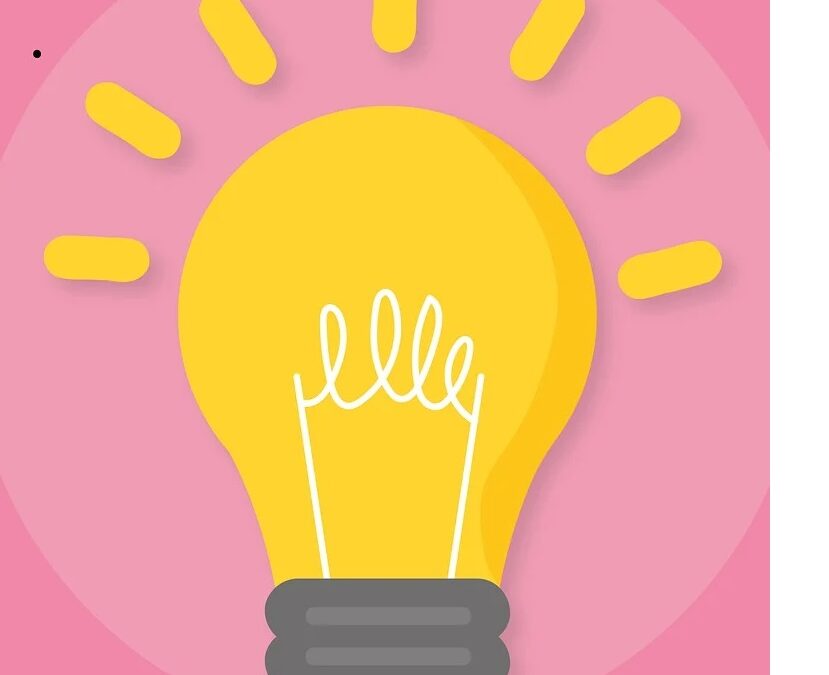
ADHD, Dyslexia and Executive Function challenges are the three most common diagnoses that parents share. Anxiety and frustration are common too.
Parents often report that they have invested in a dyslexia treatment and ADHD medication. Their child often reads more fluently, but problems with reading comprehension, math word problems and standardized testing persist.
As parents and educators, we experienced this exact challenge. Then, we became aware that our children were right brain visual spatial learners. who
- Learned best when they visually observed and/or experienced information
- Had a great memory for what they saw and experienced
- Were goal oriented
- Learned best when given a goal and projects were taught from “whole to part “ They both did best when they understood why they were doing something
- Had the potential to do much better with a strength-based approach
“With that knowledge, I put together the 3D Learner Program (R), that helped our daughter improve her reading comprehension 4.2 grade levels in 7 months and our son improved his reading scores by 43 percentile! (He went from the 31st to the 74th percentile). Both became far better in math and standardized test scores went up”, said Mira Halpert, both an educator and a parent.
As a first step, I strongly recommend you download the
“Is my child a right brain visual spatial learner?” screening tool.
Do it with your child; their answers may surprise you.
After helping thousands of kids like this, I now realize five things:
- Students with dyslexia are often a right brain visual spatial learner who:
- Often falls further behind
- Can make even more significant gains than I initially thought possible with the right approach that capitalizes on their strengths, identifies and addresses their challenges and helps you to become an even more effective coach and advocate for your child
- Relies on their parents to find the right approach for them
- A comprehensive assessment is helpful, that includes
- Determining if your child is a right brain visual spatial learner
- What issues are holding them back.
- Assessing for ADHD, Executive Function issues, and auditory processing are important
- Visual processing is the one challenge that many right brain visual spatial learners struggle with that is often missed and even more frequently not addressed
- What your child’s present level of performance is for reading fluency and reading comprehension
This infographic shows both the right brain visual spatial learner and the visual processing, executive function, dyslexia and anxiety challenges that often come with it.
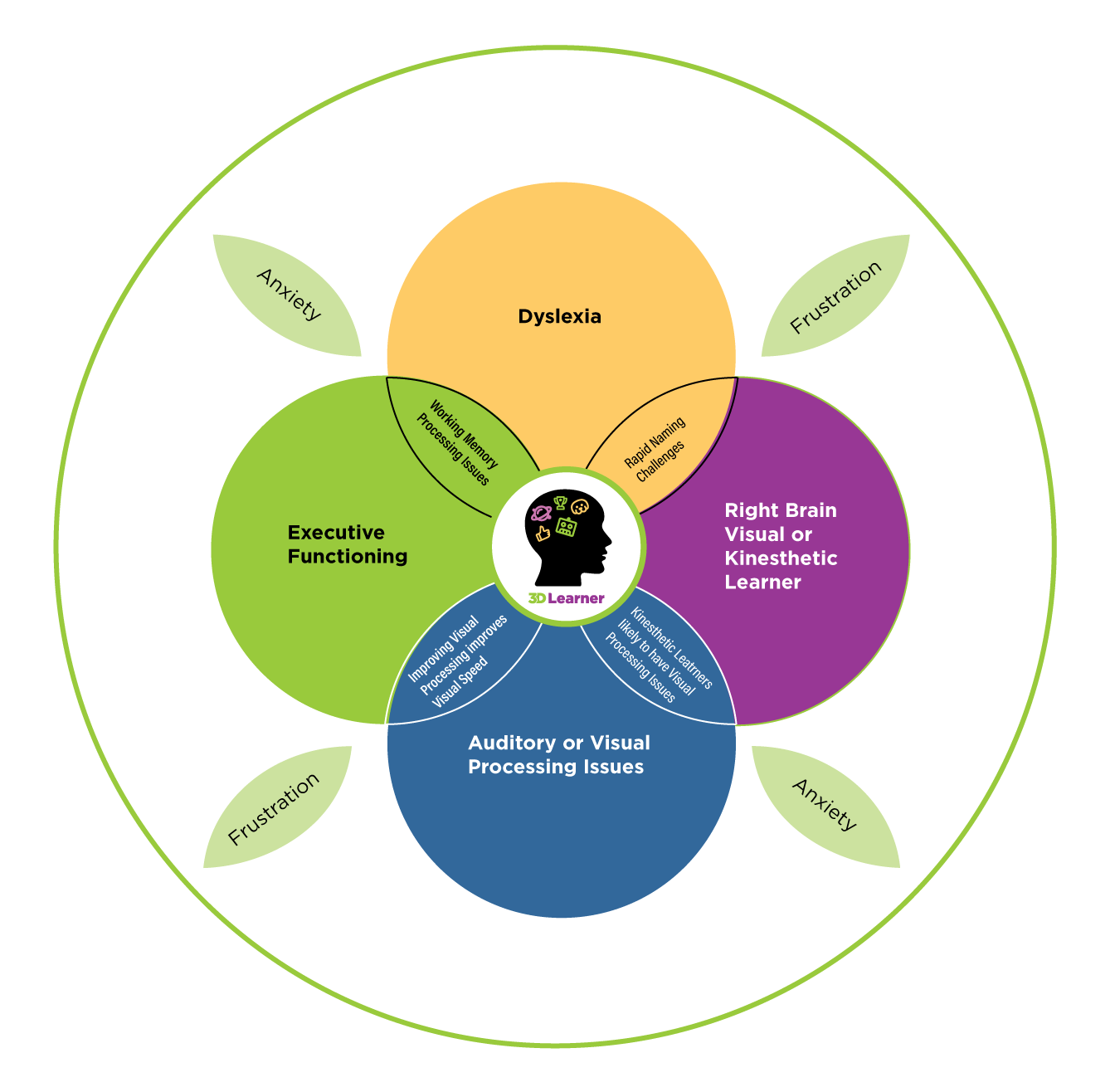
Identifying If Your Child is a Right Brain Visual Spatial Learner Can Really Help. Identifying Issues with Auditory and Visual Processing, Executive Function, Anxiety and Dyslexia Are Also Important.
- BOLD Goals that:
- Reflect what is really possible for your child –which often exceeds what the school goals may be
- Capitalize on your child’s strengths and address their challenges
- Include a non-school related goal – this may include improving dancing, baseball skills, martial arts or music — something your child would love to improve
- Helping you to be the coach and advocate your child needs
- Getting the right help for your child. This should be based on your child’s assessment, your goals and who can best help your child succeed
- Taking massive action
If you suspect your child might be a right brain visual spatial learner, we strongly recommend you:
Call us at 561-361-7495 or 919-371-5295 if you would like additional help

![]()
![]()

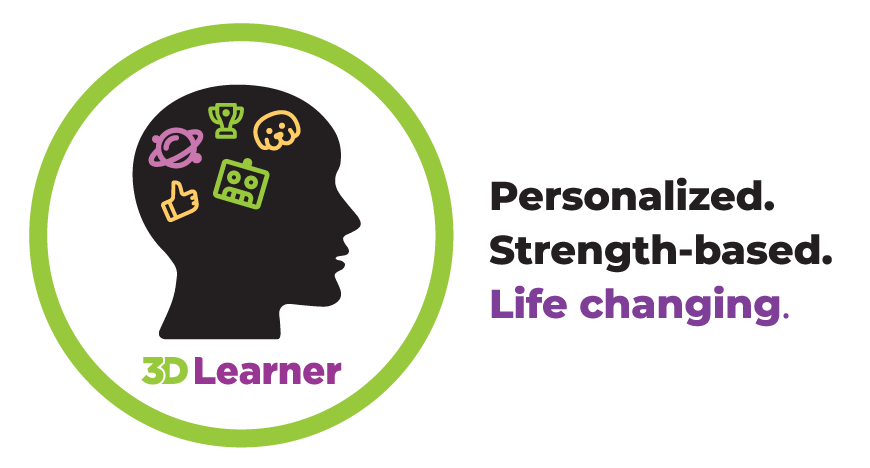
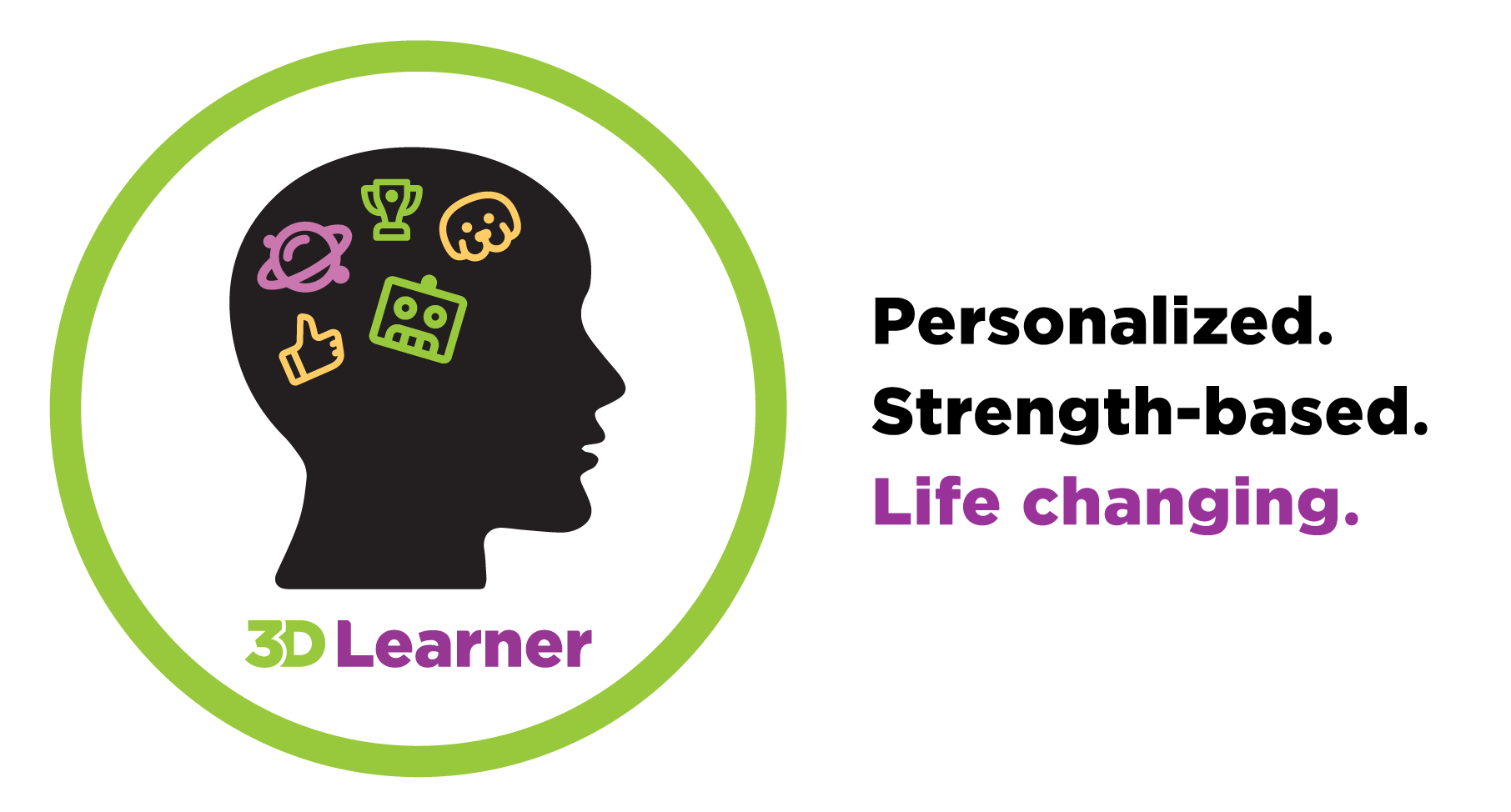






 We are Dyslexia certified trained for the
We are Dyslexia certified trained for the 



Recent Comments